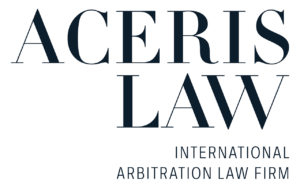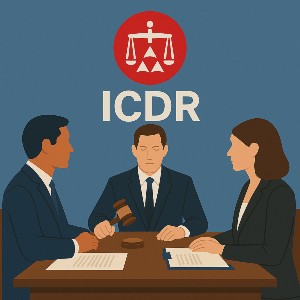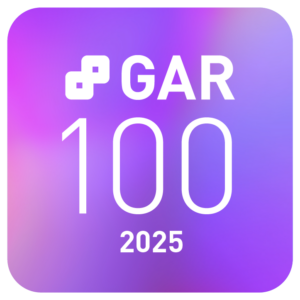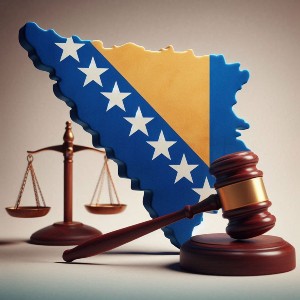Aceris Law is pleased to report the successful resolution of another ICC arbitration for a well-deserving client. The dispute arose under a subcontract executed in late 2020 for piping works on a large-scale energy infrastructure project in Oman. The seat of the arbitration was in London, United Kingdom, and the applicable law was English law. […]
News
How to Commence an ICDR Arbitration: From Filing to Tribunal Appointment
It is not difficult to commence an International Centre for Dispute Resolution (ICDR) arbitration. The ICDR, the international division of the American Arbitration Association (AAA), is a leading institution for administering cross-border arbitrations, particularly in the United States and across the Americas. Renowned for its neutrality, procedural efficiency, and global enforceability, ICDR arbitration is governed […]
Behind the Curtain: A Step-by-Step Guide to ICC Arbitration
For many parties, initiating ICC arbitration can seem like entering unfamiliar territory. The process is formal and structured, and the term arbitration itself may carry a sense of complexity, especially for those encountering it for the first time. While it is a well-established mechanism for resolving cross-border disputes, the procedural steps that follow the filing […]
Aceris Law Secures Victory in ICC Construction Arbitration Under Indonesian Law
Aceris Law has secured another decisive win in a large international arbitration, successfully representing an Emirates-based client in a complex construction dispute governed by Indonesian law. The ICC arbitration, seated in Paris and governed by the ICC Rules, concerned breaches and termination of a subcontract for a major housing development project in North Africa. The […]
Cross-Cultural Differences and Impact on Arbitration Procedure
International arbitration, being a private, informal, and non-judicial dispute resolution mechanism, is the preferred method for resolving cross-border disputes. By its nature, it involves parties from different jurisdictions, speaking different languages, and with diverse cultural and legal backgrounds. When these differences converge in arbitration, participants may carry contrasting expectations about how the process should unfold. […]
When Arbitrators Use AI: LaPaglia v. Valve and the Boundaries of Adjudication
As artificial intelligence (“AI”) tools become increasingly integrated into legal practice, their use by arbitrators is no longer a theoretical possibility but a practical reality. From drafting procedural orders to organising evidence or even assisting in the preparation of awards, AI offers the promise of greater efficiency, consistency, and cost-effectiveness. But what happens when that […]
Arbitrators’ Discretion in Awarding Costs: Are There Any Limits?
Insights from PAW 2025 Webinar Hosted by Aceris Law Costs in international arbitration are more than a mere afterthought – they can decisively shape the outcome and consequences of a dispute. While arbitrators are typically granted wide discretion in allocating costs, this discretion raises important questions: What principles should guide arbitrators in awarding costs? Should […]
Aceris Law Recognized Once Again Among the World’s Leading International Arbitration Firms in the GAR 100
Aceris Law is proud to announce that it has once again been ranked among the best international arbitration law firms worldwide in the prestigious Global Arbitration Review (GAR) 100 for 2025. This recognition by GAR, a leading publication in the field of international arbitration, reaffirms Aceris Law’s consistent excellence, dedication to client service, and strong […]
Arbitration in Bosnia and Herzegovina
Arbitration in Bosnia and Herzegovina presents a complex landscape influenced by the country’s unique legal structure and historical context. Despite the presence of established arbitration institutions, such as the Arbitration Court at the Foreign Trade Chamber of Bosnia and Herzegovina, arbitration remains an underutilized mechanism for dispute resolution. Legal Framework The legal framework for arbitration […]








